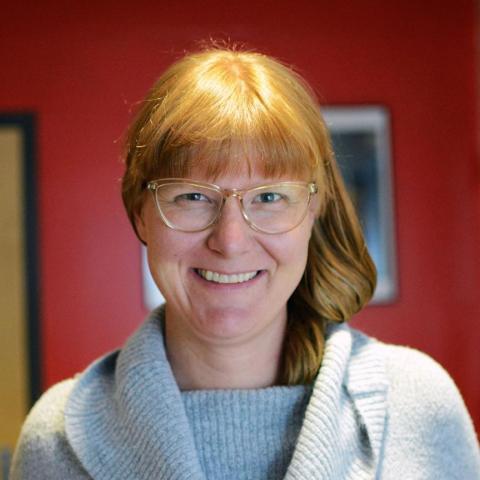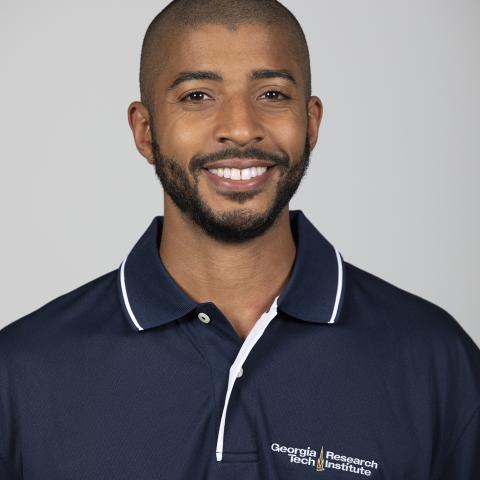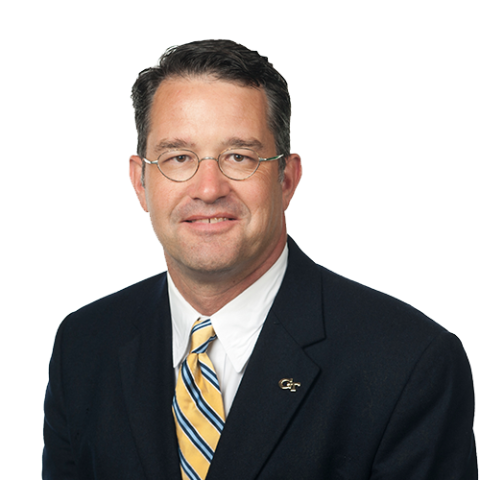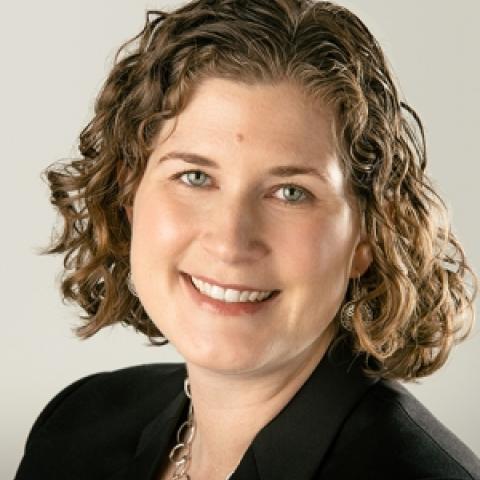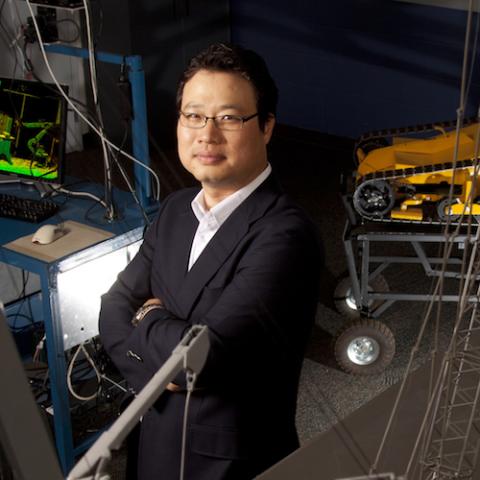Stuart Michelson is a member of the research faculty at the Georgia Tech Research Institute and is known as a subject matter expert in Human Systems Engineering. He leads Human Factors and Ergonomics and Human Systems Integration (HSI) efforts for DoD customers specializing in tactical display design spanning command and control, training, unmanned vehicle ground control stations, Manned-unmanned teaming, and mission planning. He has expertise in digital human modeling/ergonomic/anthropometric analyses to assess cockpit accommodation and experience with wearable soldier systems and tactical equipment design.
Since 2000, Michelson has organized the American venue and annual Symposium on Dynamic Flight Behavior for Aerial Robotics for the International Aerial Robotics Competition (IARC), the longest running collegiate aerial challenge in the world focused on advancing the state of the art in aerial robotic behavior.
Michelson has held an Associate Human Factors Professional status from the Board of Certification in Professional Ergonomics, is recognized as a graphic design professional by the International Academy of Computer Training, and is certified to conduct ethical Human Subjects Research.
Michelson has supported and led numerous programs within the Georgia Tech Research Institute leveraging his knowledge of soldier loadout and autonomous unmanned systems. Notably, he has designed graphical user interfaces, developed human-centered system requirements, led programs to quantify human performance, assessed anthropometric accommodations, and supported system test and evaluation for DoD stakeholders spanning the United States Navy, Air Force, Army, and Marine Corps.
Additional Research
Human Machine Teaming in Complex Environments
Fully Autonomous Machines
Command and Control Design of Complex Systems
Human Systems Integration
